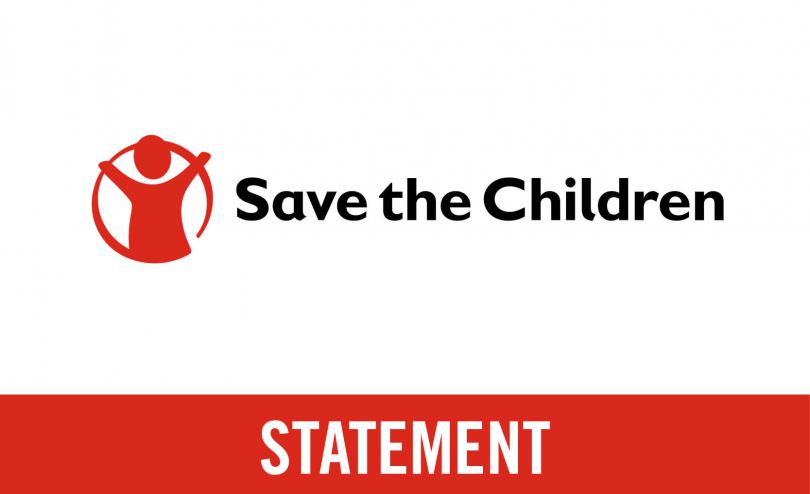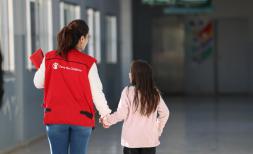Central Sahel conference fails to acknowledge needs of children caught up in conflict, disaster and Covid-19

The ministerial conference on Central Sahel that ended today has failed to acknowledge the unique needs of children in Sahel region, warns Save the Children.
This year’s virtual donor conference, organized by the governments of Denmark and Germany, the European Union and the United Nations, raised 1.7 billion dollars to respond to the humanitarian crisis. The aim for the conference was 2.4 billion dollars for 2020 and early 2021.
Save the Children has been present in the Sahel since the early 80’s and welcomes the pledges from the International Community to respond to the growing crisis but highlights concerns that children’s perspectives, needs and experiences were vastly underrepresented in the conference, despite being among the most vulnerable groups caught up in the crisis.
Eric Hazard, Save the Children’s Pan Africa Policy Director, said:
“In a region where this complex crisis is having an impact on millions of civilians across Burkina Faso, Mali and Niger, this investment from the international community is highly welcomed.
However, in central Sahel one out of two people are under 15 years old. Creating the space for children to share their experiences of living in this fragile and insecure environment is critical to ensure we can understand – and effectively respond to - their needs. Their voices were not heard in today’s discussion.
Only last week, we heard from Odette, a young 21-year-old girl from Mali who spoke of her experience. She talked to us about the growing insecurity she faces as the conflict escalates, how floods are continuing to impact schooling, and how the pandemic has dealt a heavy blow to an already extremely fragile health system, compounding the vulnerabilities of children.
Already before the COVID-19 pandemic, eight million children were out of school due to violence and insecurity. Children in the region are demanding a stronger and more significant focus on their education.The longer they are out of school the risk of forced recruitment - and the social and psychological impacts that come with such a devastating experience – will only increase.
The pledges announced today will be essential to respond to this unprecedented crisis. But we need to make sure they will respond to the diverse and specific needs of children. With a population of more than 30 million young people and an average age of 17, this is a children’s crisis. We must prioritise the education and protection of children.” Hazard concluded.
To support Save the Children’s global COVID-19 emergency appeal, click here.
For more information, please contact:
Randa Ghazy, r.ghazy@savethechildren.org. uk/ +44 7429 980 655
Out-of-hours: Media@savethechildren.org.uk / +44 7831 650 409




